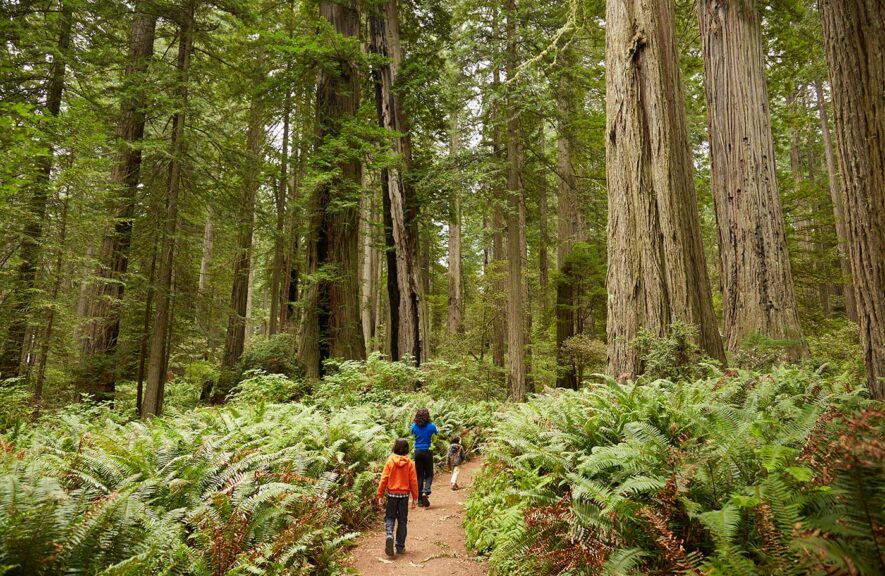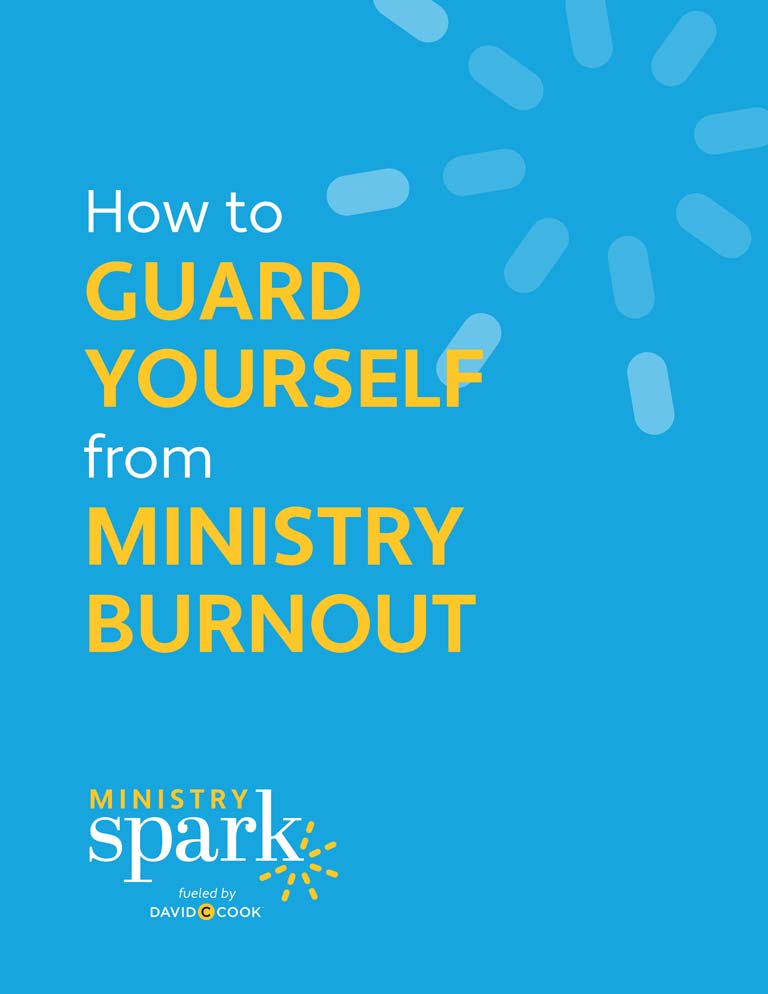My grandpa died last week.
I had one of the world’s best grandpas. He was practical and lived a simple, small-town life. My grandpa taught me how to gather wood and fish in streams. He maintained ballfields and took trash to the dump for widows. He preached and sang at the local church and led services at the nearby campgrounds.
Throughout all of this, my grandpa shared Jesus with anyone he met. Oh, how he loved Jesus!
A few months before his death, some of our family members were standing at the gate of the old homestead where my grandfather and his eight siblings were raised. I knew several generations of my Spanish settler family had herded sheep in the southern mountains of Colorado.
But it wasn’t until I was standing at the foot of those mountains, as the stories flowed, that I realized my grandpa experienced shepherding in more than one sense. Long before he taught about Jesus, he rode horseback along with wooly flocks and energetic dogs. He braved wild animals like coyotes and rattlesnakes to lead what God placed in his care.
The Heart of a Shepherd
God has history of entrusting shepherds with the care of others. Let’s talk about David. A little brother in a large family who spent his days herding sheep. He was not the obvious choice to be king—at least not according to Samuel or to his flock of big brothers. But he was God’s choice.
When God declared that Saul would not continue as Israel’s leader (1 Samuel 15:10), how did He know that David was who Israel needed? Perhaps it’s because David was a shepherd first. He didn’t spend his early days dreaming about ascending a throne. He spent his days protecting sheep by fighting off lions and bears.

When he wasn’t fighting off predators, this youngest son of Jesse was out in the quiet, leading sheep beside still waters and guiding them on the right paths to keep them safe, just as he wrote one of the most popular and beautiful Psalms about God as our shepherd—Psalm 23.
Why did God choose David to lead Israel? Maybe because David was a man after God’s own heart (1 Samuel 13:14; Acts 13:22)—the heart of a shepherd.
The Life of Leadership
Sometimes I wonder if we make leadership more complicated than it has to be. If we want to improve as leaders, there is no shortage of conferences to attend, books to buy, podcasts to listen to, and articles at our fingertips to read.
We are blessed with these materials! Still, I wonder if all of these options are overwhelming to our souls.
I tend to go overboard when researching topics. About a dozen years ago, I tackled the topic of leadership. I decided to dissect this idea so I could be the best leader ever and never fail.
I joined the conferences. Bought the books. Downloaded the podcasts. Scrolled through the articles.
I became such an expert in the words of leadership that I eventually forgot about the life of leadership.
Living is indeed the point.
In John 10, when Jesus talks about being the Good Shepherd, He states that He has come so that we may have life to the full.
What Might Happen in the Silence?
Jesus, the best shepherd ever, spent 30 years living in obscurity before He stepped into a formal leadership role. Even after Jesus began teaching and leading, He stopped to be alone. Jesus rested because He was tired (John 4:6). He got away from crowds via boats (Matthew 14:13). He went up a mountain to talk with His heavenly Father (Matthew 14:22).
Henri Nouwen said, “Hiddenness is an essential quality of the spiritual life. Solitude, silence, ordinary tasks, being with people without great agendas, sleeping, eating, working, playing … all of that is the life Jesus lived and the life He asks us to live.”
Conferences, books, podcasts, and articles give us helpful information. I’d like to offer some other paths we can take to grow and maintain leadership long after the microphones turn off, the books end, and the scrolling stops. What might happen in the silence?
Sabbath
My husband was told to be available 24/7 in his first full-time ministry job. It was a condition of his employment. It also wasn’t sustainable. We didn’t stay at that church long!
Later, we stumbled into a healthy church with amazing leadership. There, every staff member takes a day of rest each week with no phone or email contact.

Sounds wonderful! It IS wonderful. But it can be so hard to do, right?
It’s hard because we are used to checking tasks off our long to-do lists and experiencing a sense of accomplishment. But there is a difference between working so hard we crash and working from rest. Sabbath is a gift. God invites us to trust Him—to surrender the sense of control we carry.
With Sabbath, it’s okay to begin small. Maybe take one day a month or half day without anything work-related. Don’t berate yourself if you are distracted. Be honest with God about any challenges. Enjoy the gift of trust and time you are given.
Sabbath is a gift. God invites us to trust Him—to surrender the sense of control we carry.
Solitude
In solitude, we are alone for a certain amount of time with no distractions—period. It is a time you can listen to God.
When we are alone, we can hear who God says we are, not who we think we are supposed to be. We can contend with the lies of who we think we’re supposed to be and remember we are loved by God for who we are, not what we do.
Solitude can be a simple walk. In solitude, you may listen to some music. Just remember the heart of this practice is listening, not doing. Be sure to include time for that.
Simple Tasks
Unless you have been gifted with a full household staff, it’s likely you will end up doing daily things like driving, doing dishes, or preparing dinners. It’s also likely that you might dislike some of these regular tasks as well.
But what if these kinds of “chores” became opportunities to pray or even to have fun?
In her book The Quotidian Mysteries, Kathleen Norris recalls kindergarteners gathering to wash their paint brushes in a classroom sink. There was so much joy as they ran the water and watched bubbles form. As a result, Norris realized that doing her dinner dishes was an opportunity to play. I mean, imagine how many bubbles form while adding soap into a sink. Delightful!
What are some other simple tasks you might want to reframe? Perhaps when you set out supplies around the church, you could pray for those who will interact with them? Or when cooking dinner, you can thank God for something new with each noodle you lay out in a lasagna.
Leadership Doesn’t Need to Be Loud
In the quiet spaces, God works in us, and we receive what we need to serve those around us.
A couple of days ago, a man posted a story about my grandfather. He shared that my grandpa helped him after he returned from the Vietnam war with PTSD. This man talked about how my grandpa cared for him and believed in him, and because of that he was able to move forward and build a family on faith in God.
If I’ve learned anything from my grandfather, it’s that leadership doesn’t need to be loud. In the quiet spaces, God works in us. As a result, we receive what we need to serve those around us.

How to Guard Yourself from Ministry Burnout

How to Guard Yourself from Ministry Burnout












